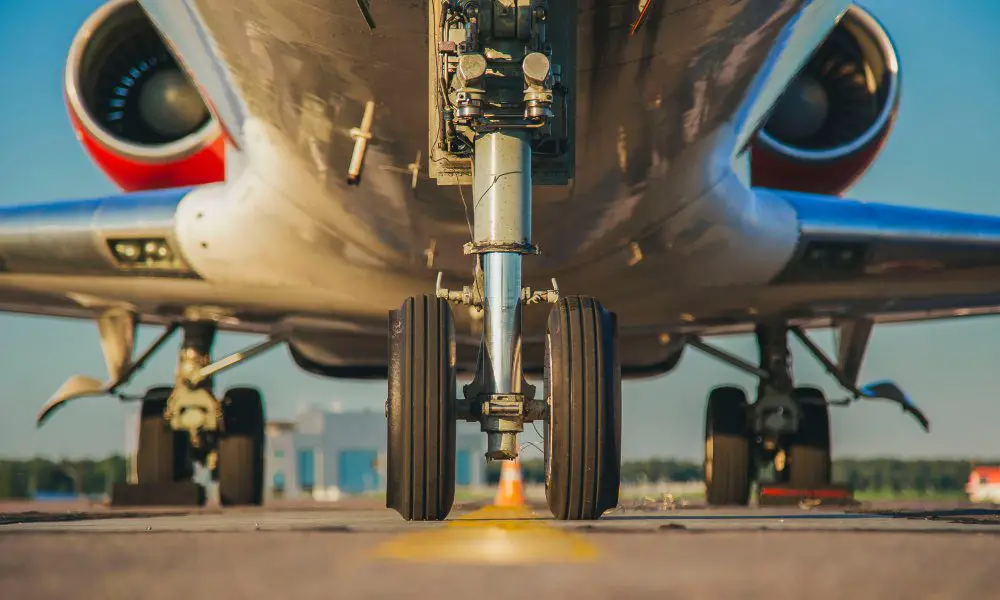

Building aircraft that can handle high speeds and changing atmospheric conditions is no small feat. It requires strong yet lightweight materials that can perform under pressure without compromise. Metal alloys are the solution. These combinations of metals provide the perfect balance of durability and flexibility for aviation needs. Curious about how they work? Let’s explore their role in enhancing aircraft strength.
Titanium is a standout material in aerospace engineering. It’s incredibly strong for its weight, resistant to corrosion, and capable of handling high temperatures. Titanium alloys are a mix of titanium and other elements, such as aluminum or vanadium.
They are perfect for parts exposed to intense stress, such as jet engines and structural components. They’re lightweight, which saves fuel, making them a top choice when designing efficient and resilient aircraft.
Aluminum alloys are some of the most valuable metal alloys in the aviation industry. They’ve been a staple in aviation for decades because they are lightweight yet strong enough to handle the stresses of flight. Commonly mixed with copper, magnesium, and zinc, these alloys are common in aircraft fuselages and wings. Their low weight contributes to better fuel efficiency, while their strength keeps planes sturdy in flight.
Nickel-based alloys are unbeatable at withstanding extreme heat. These alloys exist in jet engines and turbine blades, and they can retain their strength at incredibly high pressures. By adding chromium or cobalt to nickel, engineers create strong, wear-resistant alloys that excel in maintaining performance under these conditions.
Steel alloys are another excellent choice for components requiring immense strength. Adding carbon, molybdenum, or chromium to iron creates a durable, fatigue-resistant material. Steel alloys are ideal for landing gear, where the ability to handle high-impact loads is a priority. While heavier than titanium or aluminum, steel’s strength makes it indispensable in key structural applications.
Aircraft owe their enhanced strength to several metal alloys. By mixing metals with complementary properties, engineers craft materials strong enough to endure the rigors of aviation while remaining lightweight and efficient. Strength levels depend on the demands of the part or system being designed.
Mastering even small details builds trust and showcases your commitment to excellence, making attention to…
Adding a few statement pieces to your wardrobe will give you the chance to play…
A lot of the time, renting an excavator is a cheaper option for building and…
Craft a nurturing nursery with DIY projects and clever storage tips while preparing your heart…
Discover how paid surveys work, if they're legitimate, tips for success, and realistic earnings expectations.…
Making your business ADA-compliant is much simpler than you realize and it’s also nonnegotiable, including…